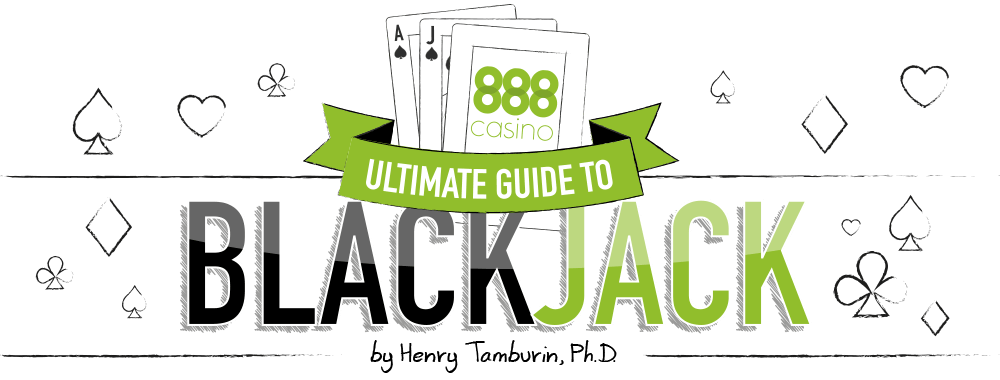Rules For Playing Blackjack
US Players and Credit Card, BitCoin Deposits Accepted!

- Blackjack Basics. Premise of the Game. Blackjack is pretty simple. The basic premise of the game.
- If the player is dealt an Ace and a ten-value card (called a 'blackjack' or ' natural '), and the dealer does not, the player wins and usually receives a bonus. If the player exceeds a sum of 21 ('busts'), the player loses, even if the dealer also exceeds 21. If the dealer exceeds 21.
Want to beat blackjack? It all starts with learning how to play. In this video, professional Blackjack players Colin Jones and 'Loudon Ofton' break down the.

Rules For Playing Blackjack At Home
The game of blackjack has rules that the players and dealers must follow. These rules are subject to changes when playing different variations of blackjack but usually they are the same. The laws of blackjack are actually quite simple. It is best to have a good grasp of the rules in order to take advantage of strategies and make the gaming experience more fun.
Traditionally, each player is dealt two cards facing up and the dealer is dealt two cards, one facing up and the other one facing down. The rule says that the dealer must have one card facing down, but there are some versions of blackjack where the dealer has both cards facing up. The values on the cards are determined by card rank in which the number on the card is face value except for the aces and royal cards. The player must also place a bet before any cards are dealt.
Blackjack 21 Objectives of the Game
Rules For Playing Blackjack 21
/mah-jong-664333772-59de8e34d088c00010edd7c1.jpg)
The rules say that you use the card rank to accumulate points. Each card dealt is equal to some amount of points and each card that you draw extra is more points added to the total. The objective of the game is to score 21 points without going over. If you go over 21, then you go bust and automatically lose the bet. Although this rule also applies to the dealer as well. The goal of blackjack is essentially get a higher score than the dealer.
Blackjack 21 player and dealer rules
The main concept for the dealer rules is that the dealer must take a 'hit' when their point total is less than 17 and must 'stand' on points of 17 or higher. Also, when the player gets a blackjack, the dealer must pay 3:2 or $3 for every $2 bet. Some casinos have blackjack tables that pay 6:5 but these have a greater house edge, meaning you won't win as much.
Blackjack players have more features and decisions to make and the rules are more liberal. That's why it is important to know the rules so that you can play the game correctly instead of having an frustrating experience. Another important twenty one rule is that the player must finish their hand before the dealer starts his turn. In fact, the player could go bust and lose before the dealer even does anything!
Blackjack Definitions and Terms - Quick Glossary
The terms and definitions below are choices that the player can make while playing:
- Hit - This is asking the dealer to draw an extra card for the player, usually to increase a score.
- Stand - Players will stand when they are satisified with their score or feel that the dealer will go bust. When a player 'stands', then it's the dealers turn to flip his cards.
- Split - When a player is dealt a pair of cards with the same rank, he or she can decide to split the cards up and make a seperate bet. So there would be two hands and two bets going at the same time.
- Double Down - This is a move that a player makes when he or she is in a situation of high winning probability. You double the bet in the middle of play but you can only draw one card and then the player must stand.
- Surrender - Some versions of blackjack have a rule that will let the player surrender half their bet. This usually happens when the player has a stiff hand and the dealer has a good hand and the odds just say to surrender.
- Insurance - Many blackjack games have an insurance rule. This feature becomes available when the dealer has an ace showing. Then the dealer checks his face down card to see if he has a 10 point card to make a blackjack. This is highly probable with the high density of ten point cards in the deck so you can buy insurance at a cost of half the bet. If the dealer does have a blackjack, your bet is returned. If the dealer doesn't have a blackjack, then you lose the insurance.
Click image above to visit CasinoMax and play blackjack (free or real money).